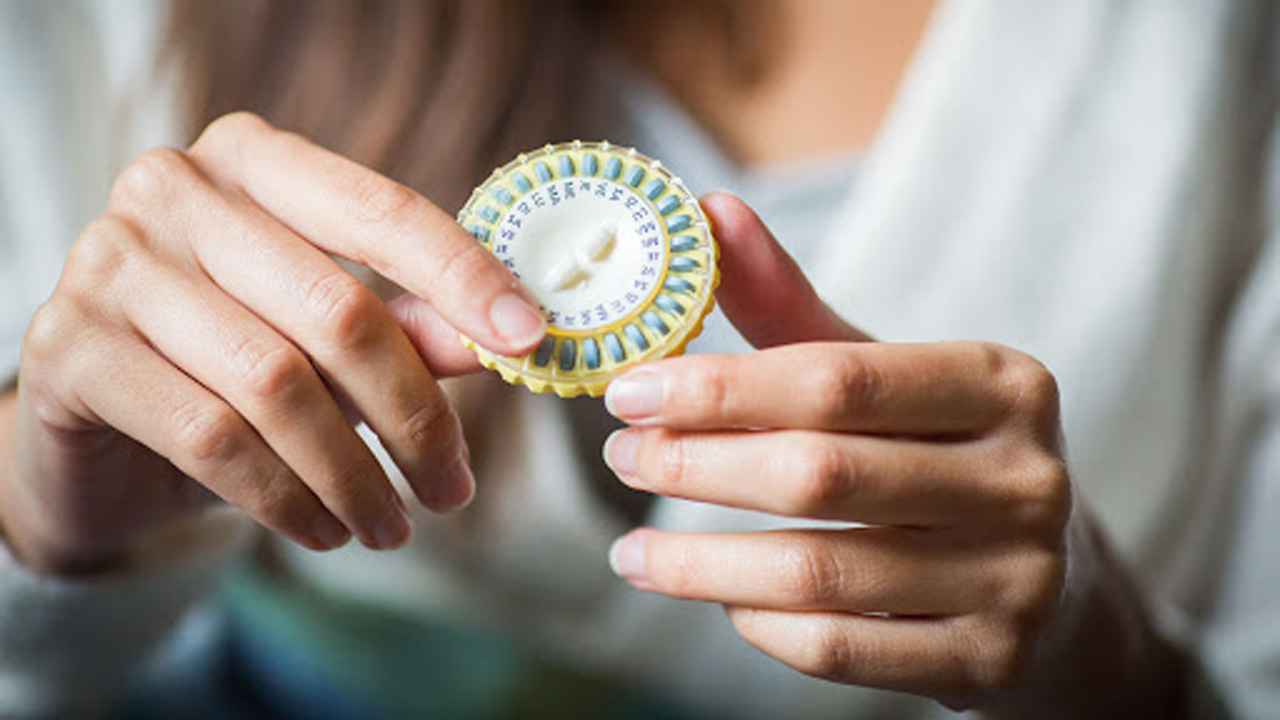A new study published by The BMJ recently provides new estimates of the increased risks of breast cancer associated with use of different hormone replacement therapy (HRT) preparations in the UK.
It confirms that HRT use is associated with increased risks of breast cancer, particularly for older women. However, it suggests that, for longer term HRT use, the increased risks are lower than those reported in a recent meta-analysis that combined the results of 24 studies.
The study also shows a more noticeable decline in risks once HRT has stopped, compared with the same meta-analysis.
HRT is used to relieve menopausal symptoms such as hot flushes and night sweats. Treatments include tablets containing oestrogen only, or a combination of oestrogen and progestogen, as well as patches, gels and creams.
Previous research has shown that long term use of HRT tablets are associated with increased risks of breast cancer, mostly due to progestogens.
Last year, a large meta-analysis reported higher than expected breast cancer risks associated with HRT, but there is still uncertainty around the risks associated with different types and durations of HRT.
So researchers at the Universities of Nottingham and Oxford set out to assess the differences in risks of breast cancer associated with the individual component hormones used in HRT.
They used two UK primary care databases (QResearch and CPRD) linked to hospital records to compare HRT prescriptions for 98,611 women aged 50-79 who were diagnosed with breast cancer between 1998 and 2018 with those of 457,498 women of the same age and from the same general practice who didn’t develop breast cancer.
They analysed risks by HRT type (oestrogen only and combined oestrogen and progestogen therapy), by recent (1-5 years) and past (5 or more years) use, and by short term (less than 5 years) and long term (5 years or more) use.
Other relevant factors, such as smoking, alcohol consumption, pre-existing conditions (comorbidities), family history, and other prescribed drugs were taken into account.
Overall, 33,703 (34%) women with a diagnosis of breast cancer and 134,391 (31%) controls had used HRT recently or in the past.
Risk increases were mostly associated with oestrogen-progestogen treatments, but small increases were also associated with oestrogen only treatments.
For example, for recent long-term users, compared with never use there was a 15% associated increased risk of developing breast cancer for oestrogen only therapy, while there was a 79% associated increased risk for combined oestrogen and progestogen therapy.
Past long term use of oestrogen only therapy and past short term use of oestrogen-progestogen were not associated with increased risk. The risk associated with past long term oestrogen-progestogen use, however, remained increased (16%).
To put these risks into context, in recent oestrogen only users, between three (in younger women) and eight (in older women) extra cases per 10,000 women years would be expected, and in oestrogen-progestogen users between nine and 36 extra cases per 10,000 women years.
For past oestrogen-progestogen users, the results would suggest between two and eight extra cases per 10000 women years.
This is an observational study so can’t establish cause, and the researchers point to some limitations that may have affected the accuracy of their results.
Nevertheless, they say this was a large study, using consistent sources of “real world” primary care data, and results were similar after further analyses, suggesting that the findings withstand scrutiny.
As such, they say this study confirms that exposure to most HRT drugs is associated with an increased risk of breast cancer, and that the levels of risks vary between types of HRT, with higher risks for combined hormone treatments and for longer duration of use.
However, the findings also suggest lower increased risks of breast cancer associated with longer term HRT use, and more pronounced declines in risk once HRT has stopped, providing some counterbalance to the higher than expected risks reported in the recently published meta-analysis.
“Our results add more evidence to the existing knowledge base and should help doctors and women to identify the most appropriate HRT formulation and treatment regimen, and provide more consistently derived information for women’s health experts, healthcare researchers, and treatment policy professionals,” they conclude.

 Results add to existing knowledge and should help doctors and women make the best treatment choices
Results add to existing knowledge and should help doctors and women make the best treatment choices











.jpeg)

.jpeg)
.jpeg)
.jpeg)

.jpeg)
.jpeg)
.jpeg)
_(1).jpeg)

_(1)_(1)_(1).jpeg)
.jpeg)
.jpeg)
.jpeg)






